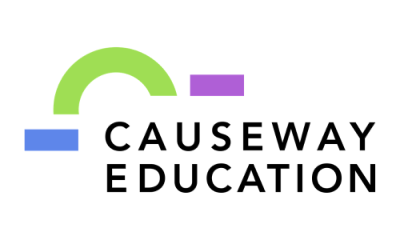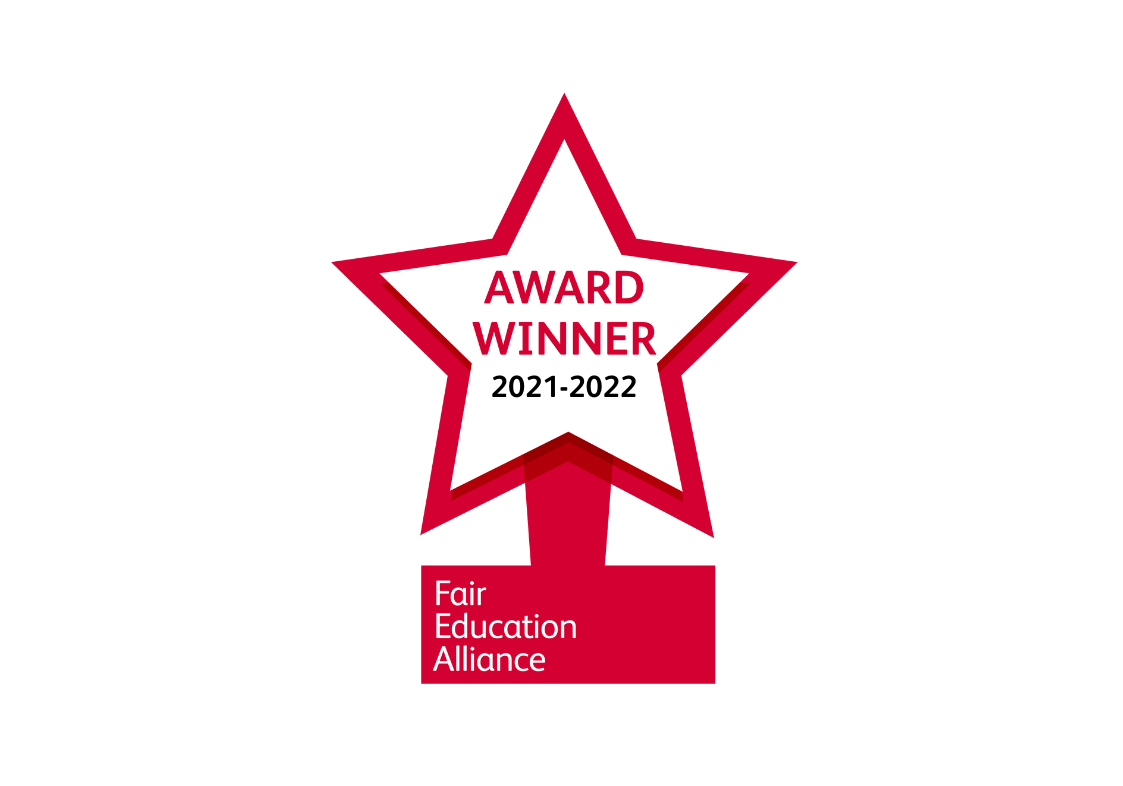A Mentor's Perspective: OSCAR proved me wrong!
/In the first of a series of mentor blogs, experienced teacher and application advisor Cathy O’Neill shares how working on Causeway’s mentoring programmes and with our applications platform OSCAR has changed the way she supports students with their next steps.
After years of giving advice to students about their personal statements, I thought I knew it all! OSCAR proved me wrong.
I gave my first university application support to two sixth formers while I was training to be a teacher in London in 1981, the same year that I had graduated from Oxford. I met them in an empty classroom in their large inner-city comprehensive, after school. They were very nervous - it took a while for them to relax and enjoy discussing literature. I remember the excitement of introducing them to the poetry of Emily Dickinson and WB Yeats. They both got offers to read English at Oxford and I felt the first thrill of the proud teacher.
A year later in my first teaching job, I discovered that the mother of one of the boys was a colleague in the English Department. It was then that I started wondering what it is that determines an application to an elite institution in the first place. Who makes that suggestion and who supports the young person during the application? It was an early realisation of the advantages of middle class school students. Those two boys were lucky to have some extra support from me in the months leading up to their interviews, but their educational privilege was established long before.
In the decades since, I have supported students through the application process every year. As a Head of English in an independent school, I ran classes for Oxbridge candidates and invited academics into school to give classes and lectures. As Head of Careers, I helped arrange practice interviews for all applicants and offered one to one guidance to help improve personal statements.
In recent years, I have stepped back from the classroom to develop my freelance work of widening access to elite universities. I soon realised that the personal statement lies at the heart of inequality of access to elite universities. It may seem to be a straightforward document which invites students to talk about their academic interests, but without educational advantage, either from home or school, it is hard for students to know what to include or even what style to use. When a former colleague alerted me to the work of Causeway, I leapt at the chance to be a mentor. This would give me the chance to work directly with disadvantaged students, using my experience in a new setting.
I have to admit that at first I was sceptical about OSCAR. I wondered how it would work to offer written, rather than spoken advice. In my familiar school setting, if I felt the student’s statement lacked academic confidence I would direct them to their subject teachers, who lent them books and articles, and spent time talking through their ideas, offering feedback on early drafts. The weekly Oxbridge classes inspired debate and gave students academic experience that could feed into a personal statement and later the interview. I had a team of experts to draw upon, leaving me with the pleasurable job of discussing ideas with the students and helping them with their prose style. I wondered how an online platform could possibly help students to produce original statements that academics would find interesting and, above all, lead to an offer. I thought, in a rather woolly liberal way, that a platform would produce uniform and formulaic statements. Surely in-depth one to one conversations was the only way to create an original statement?
I soon realised I was wrong. I am a complete convert - I love this platform. The brilliant thing about OSCAR is that it is based on evidence from academics about the kind of analysis they want to find in the personal statement and, importantly, what they do not want to read. For years I had offered advice to my students without articulating exactly what was needed. Here it was in black and white. For disadvantaged students this is gold dust. The middle class young person, especially one whose parents have been to university in this country, knows fairly instinctively how to write a personal statement. They have been discussing their academic ideas with their parents for years. OSCAR, in conjunction with the focused support of trained and experienced mentors, gives these kinds of academic advantages to all those who use it. It makes the process of applying to university much fairer and increases the chances of able, yet disadvantaged, students to get offers from top institutions.
The particular strength of OSCAR is it is based on academic research, not on hearsay. OSCAR allows students to write a tightly structured personal statement, with specific and tailored feedback from the mentor at each stage. Very often students feel overwhelmed by the process, faced by a blank page. OSCAR allows them to break it down into sections which, when completed, create a convincing and evidenced statement.
The opening paragraph advice is a particularly strong feature. I have always encouraged students to not start in a flowery, pretentious way but instead to keep their opening anchored in their recent academic interests. OSCAR asks the student to give reasons for their choice of university subject, guiding them with questions based on specific subject skills. This means that they are identifying their reasons in a precise way and can find individual examples of how they are already switched on to the demands of the subject.
The advice on the in-depth academic paragraph is another excellent feature. OSCAR enables students to see how analysis of what they have learnt through pursuing some academic reading is key. This simple prompt enables the student to reflect on what they have done and talk about what they have learnt, rather than just describing it. The platform, used in conjunction with comments from the skilled mentor, can help them to write about what they have discovered in ways that the selector will enjoy and find interesting.
Perhaps the single most important thing about the OSCAR platform is that it is super-easy to use and, with skilled mentors to prompt, question, encourage and direct at every step of the way, the student can write a personal statement of which they can be truly proud. Educational disadvantage cannot, of course, be solved by one intervention, but OSCAR allows the participants to stand a much better chance of success in a highly competitive market. Progression to top universities can, through this process, be open to those who deserve it - it levels the playing field in practical yet inspiring ways.




